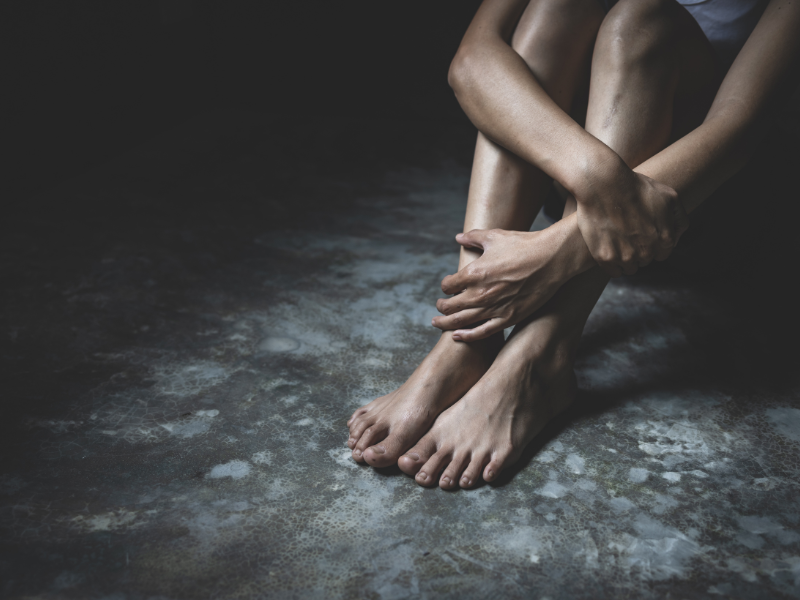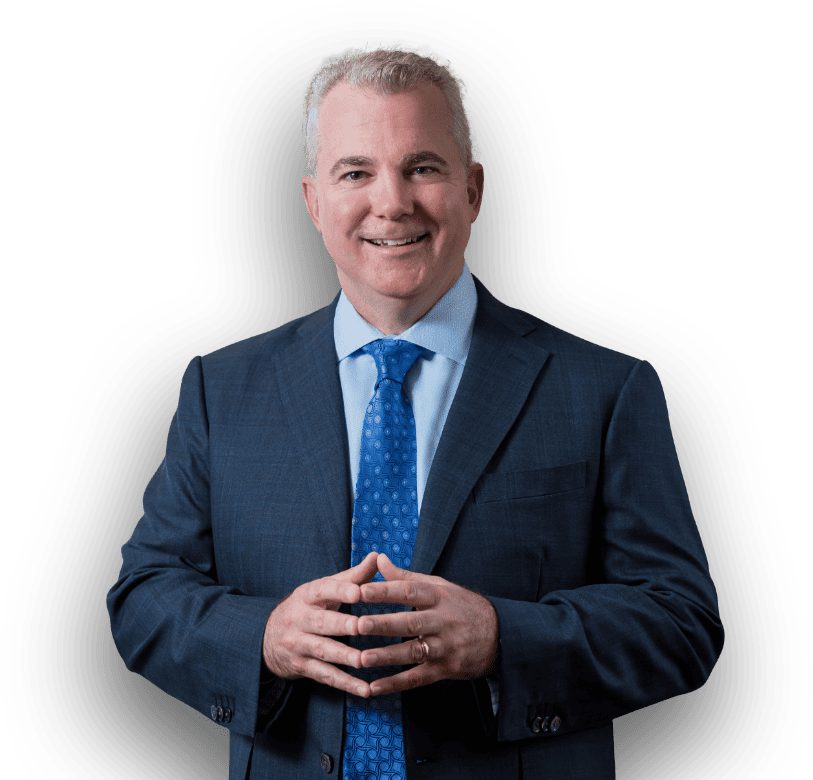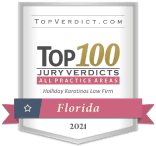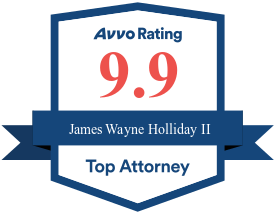Human Trafficking Comes to Tampa Human trafficking is not just a growing global concern – it is a local problem, too. A recent New Channel 8 report revealed that Tampa has become a hub for human trafficking. This horrible epidemic often involves the trading of human beings for sex, drugs or other illegal goods and services. Tragically, it is on the rise throughout Florida, with more than 1,900 reported cases of human trafficking in 2016 (a 54 percent increase from the prior year), according to The Palm Beach Post. Many of these victims are young adults and teens.
As Florida personal injury attorneys who are dedicated to helping injured people, our law firm supports laws that combat this ugly crime. We are also committed to fighting for justice for those who are victims of human trafficking.
Schedule a Free Initial Consultation Today!
What Is Human Trafficking?
Many types of activities fall under the umbrella term of “human trafficking.” Florida law defines it simply as “modern-day slavery.” It can include any act that contributes to obtaining a person for the purpose of exploitation, including soliciting, enticing, recruiting, harboring or maintaining trafficked individuals. “Exploitation” includes using people for things such as:
- Forced prostitution and work in the sexual entertainment industry
- Domestic servitude
- Restaurant work
- Janitorial or cleaning work
- Sweatshop factory work
- Migrant agricultural work.
Federal law provides different penalties for specific types of human trafficking activity such as:
- Debt servitude
- Commercial sex acts
- Forced labor
- Brokering and marketing
- Child sex trafficking
- Participating in acts of human trafficking
- Concealing or hiding acts of human trafficking.
Human trafficking comes in many other forms such as the removal or harvest of human organs for sale on the black market or recruitment of child brides or child drug mules. There seems to be no limit to the deplorable and inhumane types of conduct that traffickers will engaged in to make a profit.
How Big of a Problem Is Human Trafficking in Tampa and Other Florida Cities?
Human trafficking is a problem throughout the world. The Tampa Bay Times reports that an estimated 40 million people around the globe are trafficking victims, including 13 million children. Sadly, the Tampa/St. Petersburg region – with its easy access to ports – has become “a top destination for human traffickers.” But Tampa is not the only city in Florida with this problem. In 2011, Miami needed to launch a human trafficking task force to deal with the growing problem there, CBS Miami reports. In Tampa and other areas of Florida, human trafficking most commonly involves:
- Massage parlors – Traffickers often promise young women a new and better life in the U.S. if they agree to work for a short term of employment when they get here. The deal sounds fair until they arrive with no English language skills, no visa and no support. Traffickers quickly place them in so-called massage parlors, which often offer illegal sexual services. In other words, these women are forced into prostitution often out of fear of physical punishment, harm to their loved ones abroad or death.
- Sweatshops – Some traffickers quickly move victims from port to port and shuffle them around before they eventually place them in sweatshops where they work without basic human rights. Traffickers often beat these workers or expose them to harsh elements and long hours.
How Does Tampa Fight Human Trafficking?
Through a combination of specialized task forces, public awareness campaigns, and coordinated law enforcement efforts, Tampa continues to address this complex issue head-on.
1. Tampa Bay Human Trafficking Task Force
Led by the U.S. Attorney’s Office for the Middle District of Florida, this multi-agency task force includes:
- Federal and local law enforcement agencies
- Nonprofits and victim advocacy groups
- Legal professionals specializing in trafficking crimes
Its mission is to identify victims, prosecute traffickers, and prevent future exploitation through education and enforcement.
2. Local Law Enforcement Initiatives
The Tampa Police Department and Hillsborough County Sheriff's Office have dedicated units trained in identifying and investigating trafficking-related crimes. Officers often work undercover in sting operations targeting trafficking rings operating in hotels, massage parlors, and online networks.
3. Community Outreach and Awareness
Tampa partners with organizations such as the Florida Alliance to End Human Trafficking and the Redefining Refuge initiative to:
- Train healthcare professionals, educators, and hotel staff to spot red flags
- Raise public awareness through campaigns and community forums
- Offer support services and shelter to survivors
4. Legal and Legislative Efforts
Florida law imposes strict penalties for traffickers, and Tampa courts often pursue aggressive prosecution. Additionally, survivors may be eligible for legal remedies, including restraining orders, restitution, and civil lawsuits.
By combining education, enforcement, and victim support, Tampa continues to lead statewide efforts to dismantle human trafficking networks and provide justice to those affected.
Schedule a Free Initial Consultation Today!
What Is Florida Doing About Human Trafficking?
Fortunately, many people have taken up the fight for the rights of human trafficking victims. For instance, with wide bipartisan support, Florida lawmakers almost passed legislation that would have given victims a right to sue hotels that knowingly permit trafficking to occur on their grounds. (Sadly, the tourism and hotel industry fought the bill, The Tampa Bay Times reports.) Hopefully, lawmakers will continue to push for similar legislation in the future.
Additionally, President Donald Trump recently signed a federal bill that targets websites that host sex-trafficking ads and allows victims (as well as attorneys general across the country) to sue those sites, The Washington Post reports. Backpage.com is an example of a website that has allowed this activity. (Read more about the site at The Hill.) In addition to these legislative efforts to stop human trafficking, organizations such as the Florida Coalition Against Human Trafficking and Crisis Center of Tampa Bay work to increase awareness of the problem. They also offer support to victims.
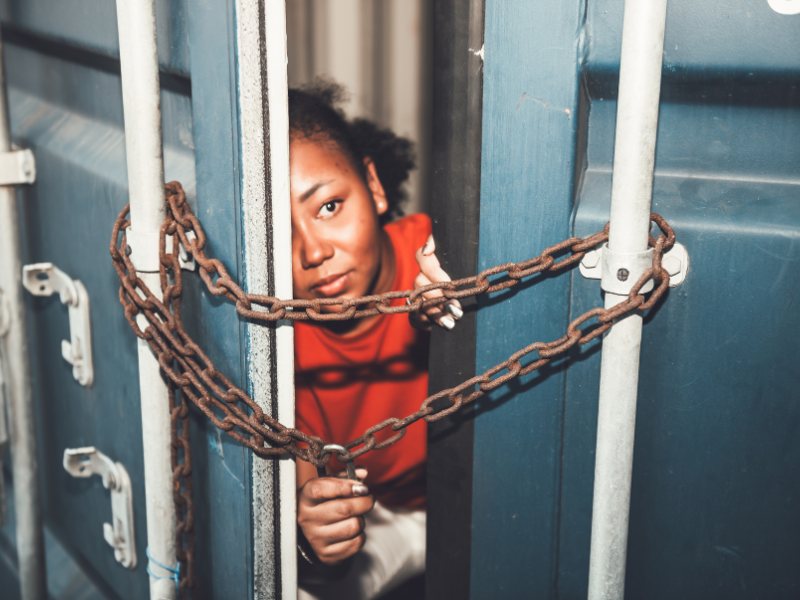
How to Report Human Trafficking in Tampa
If you suspect someone is a victim of human trafficking in the Tampa Bay area, taking immediate action can save a life. Here are the key ways to report suspected trafficking:
1. Call the National Human Trafficking Hotline
- 1-888-373-7888 (24/7, confidential, over 200 languages)
- You can also text “HELP” or “INFO” to 233733 (BEFREE).
2. Contact Local Authorities
- Tampa Police Department: (813) 231-6130
- Hillsborough County Sheriff’s Office: (813) 247-8200
In case of immediate danger, call 911.
3. Florida’s Human Trafficking Hotline
- 1-855-FLA-SAFE (1-855-352-7233)
This state-specific line is staffed by trained professionals familiar with Florida’s trafficking laws and resources.
4. Report Online
- Use the National Hotline’s secure webform at humantraffickinghotline.org
Reporters can remain anonymous. You do not need to have proof—reasonable suspicion is enough to make a report.
What Are Legal Options for Human Trafficking Victims?
As they move forward with their lives, recovering victims of illegal trafficking should contact a Florida human trafficking lawyer to discuss all legal options available to them. The compensation that victims may recover through a lawsuit can play a key role as they rebuild their lives. Victims may have the option to sue the following parties, depending on the circumstances:
- Criminal offenders and traffickers
- Drivers and shipping companies
- Landlords
- Businesses that knowingly host trafficking rings
- Advertising sites that market services which involve human trafficking
- Anyone else who knowingly or willingly participates in or facilitates trafficking.
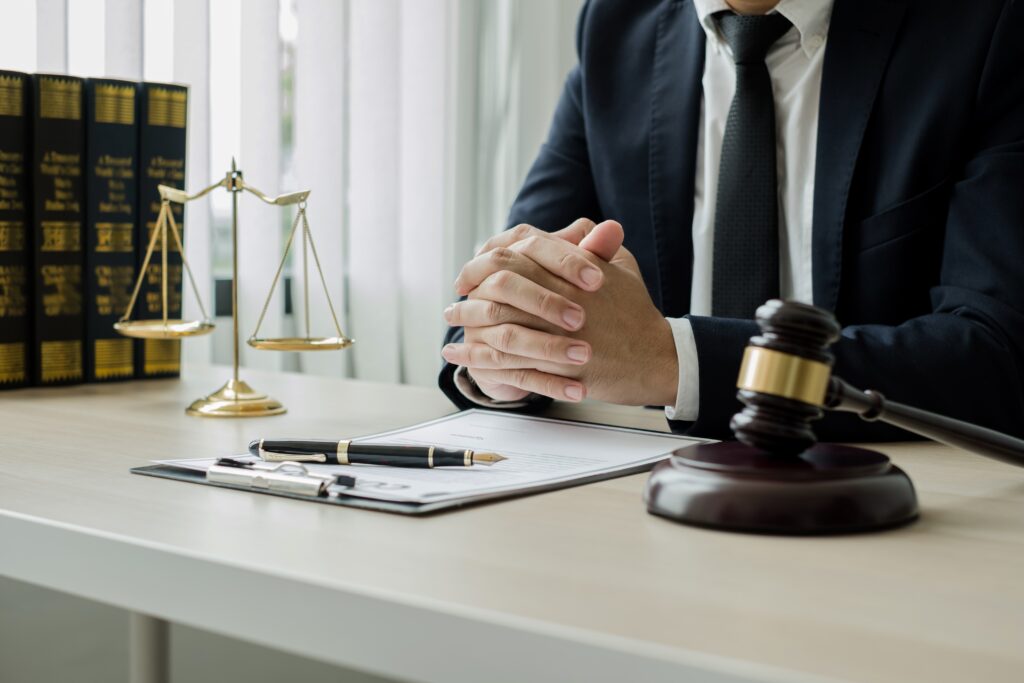
By holding those who participate in or enable human trafficking accountable for the harm that they cause, the civil justice system can help to stop this problem. It is not enough to incarcerate the criminals who commit these atrocities. Real change happens when you make it financially painful for people to be involved in these activities.To learn more about the legal options available to those who have suffered harm from human trafficking, contact Holliday Karatinos Law Firm, PLLC. With offices in Brooksville, Inverness and Lutz (North Tampa), we make it convenient for you to get the help and advice you need. We can provide a free consultation today.
Schedule a Free Initial Consultation Today!
FAQs
What are the warning signs that someone may be a trafficking victim?
Common red flags include signs of physical abuse, lack of personal identification, restricted freedom of movement, scripted responses, working excessive hours, and fear of law enforcement. Victims may appear anxious, submissive, or isolated from others.
Can undocumented victims of trafficking in Tampa pursue legal action?
Yes. Undocumented victims of human trafficking have the right to pursue legal action and may qualify for protections such as T visas. These allow victims to remain in the U.S. while cooperating with investigations or pursuing civil claims.
What compensation is available to victims of human trafficking in Florida?
Victims may be entitled to compensation for medical expenses, lost wages, pain and suffering, emotional distress, punitive damages, and legal fees. In some cases, restitution may be ordered in criminal proceedings against traffickers.
Are there statutes of limitations for filing a trafficking-related lawsuit in Florida?
Yes. In Florida, the civil statute of limitations for human trafficking claims is generally 7 years from the date the victim escapes the trafficking situation or within 7 years of turning 18 for minors. Exceptions may apply in cases involving fraud or coercion.
 Human Trafficking Comes to Tampa Human trafficking is not just a growing global concern – it is a local problem, too. A recent New Channel 8 report revealed that Tampa has become a hub for human trafficking. This horrible epidemic often involves the trading of human beings for sex, drugs or other illegal goods and services. Tragically, it is on the rise throughout Florida, with more than 1,900 reported cases of human trafficking in 2016 (a 54 percent increase from the prior year), according to
Human Trafficking Comes to Tampa Human trafficking is not just a growing global concern – it is a local problem, too. A recent New Channel 8 report revealed that Tampa has become a hub for human trafficking. This horrible epidemic often involves the trading of human beings for sex, drugs or other illegal goods and services. Tragically, it is on the rise throughout Florida, with more than 1,900 reported cases of human trafficking in 2016 (a 54 percent increase from the prior year), according to